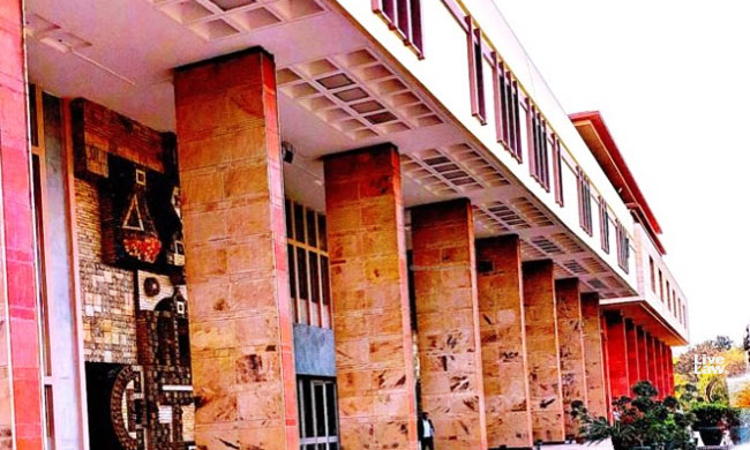Delhi HC Rejects Plea Of 11 Persons Who Were Deprived of Filing Nominations For Delhi Elections
Karan Tripathi
28 Jan 2020 5:26 PM IST

Next Story
28 Jan 2020 5:26 PM IST
Delhi High Court has rejected the plea moved by 11 persons who were deprived of filing their nomination papers, for the upcoming Delhi Assembly Elections, by the Returning Officer. The Single Bench of Justice Sanjeev Sachdeva has noted that as per section 100 of the Representation of the People Act, 1951, such petitions can't be moved before the High Court and that too prior...
